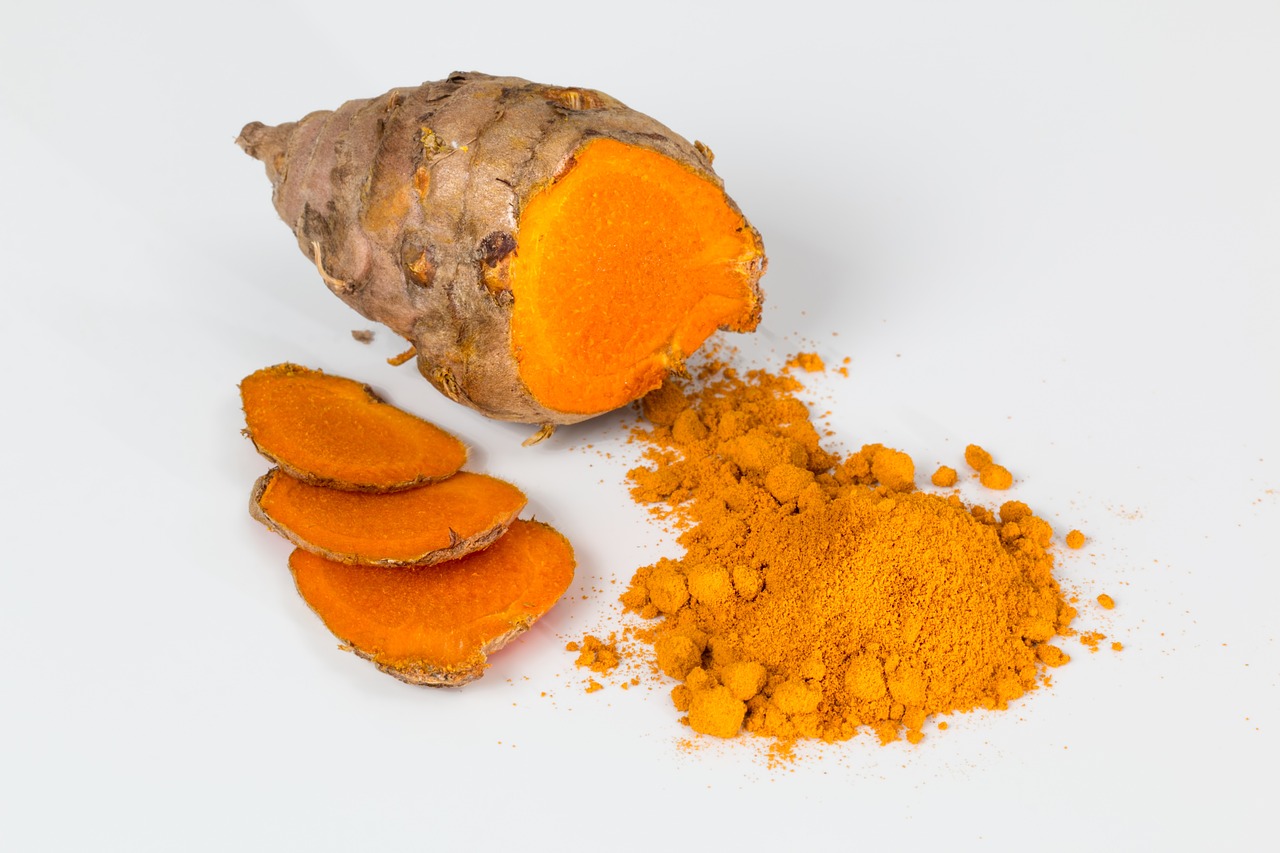Turmeric, a vibrant yellow spice derived from the root of the Curcuma longa plant, has been used for centuries in traditional medicine and culinary practices. Its active compound, curcumin, is primarily responsible for its numerous health benefits. This article delves into the benefits of turmeric, its uses, potential side effects, and how to incorporate it into your diet.
What is Turmeric?
Turmeric is a flowering plant belonging to the ginger family. The rhizome (root) of the plant is harvested, dried, and ground to produce the bright yellow spice commonly used in cooking, particularly in South Asian cuisine. Turmeric has also been an integral part of Ayurvedic and traditional Chinese medicine for its therapeutic properties.
Key Health Benefits of Turmeric
1. Anti-Inflammatory Properties
- Mechanism: Curcumin possesses potent anti-inflammatory properties that can help reduce inflammation in the body. It inhibits various molecules that play a role in inflammation, such as cytokines and enzymes.
- Applications: This property makes turmeric beneficial for individuals suffering from chronic inflammatory conditions like arthritis, inflammatory bowel disease, and other autoimmune disorders.
2. Antioxidant Effects
- Mechanism: Curcumin is a powerful antioxidant that neutralizes free radicals, which can damage cells and contribute to aging and various diseases.
- Benefits: By combating oxidative stress, turmeric may help protect against conditions like cancer, cardiovascular diseases, and neurodegenerative disorders.
3. Heart Health
- Impact: Turmeric may improve heart health by enhancing the function of the endothelium, the lining of blood vessels, which plays a crucial role in regulating blood pressure and blood clotting.
- Research: Studies suggest that curcumin may reduce the risk of heart disease by lowering cholesterol levels and reducing inflammation.
4. Cognitive Function and Neuroprotection
- Mechanism: Curcumin has been shown to increase levels of brain-derived neurotrophic factor (BDNF), a protein linked to improved brain function and a lower risk of neurodegenerative diseases like Alzheimer’s.
- Potential Benefits: Some research indicates that turmeric may help improve memory and cognitive function, particularly in older adults.
5. Pain Relief
- Effectiveness: Turmeric is often used as a natural remedy for pain relief. Its anti-inflammatory properties can alleviate pain associated with conditions like arthritis, muscle soreness, and menstrual discomfort.
- Research: Some studies have shown that curcumin may be as effective as non-steroidal anti-inflammatory drugs (NSAIDs) for certain types of pain.
6. Digestive Health
- Benefits: Turmeric can stimulate bile production, which aids in the digestion of fats and improves overall digestive health.
- Conditions: It may also help manage digestive disorders such as irritable bowel syndrome (IBS) and inflammatory bowel disease (IBD).
7. Immune System Support
- Immune Modulation: Turmeric can enhance the immune response and may help the body fight off infections and diseases.
- Antimicrobial Properties: Some studies suggest that curcumin has antibacterial and antiviral properties, potentially supporting overall immune health.
8. Skin Health
- Applications: Turmeric has been used in traditional medicine for various skin conditions, including acne, eczema, and psoriasis.
- Benefits: Its anti-inflammatory and antioxidant properties can help reduce redness, swelling, and blemishes, promoting a healthy complexion.
9. Potential Anti-Cancer Properties
- Research: Preliminary studies suggest that curcumin may have anti-cancer effects by inhibiting the growth of cancer cells and preventing the spread of tumors.
- Mechanism: Curcumin may interfere with various cellular signaling pathways involved in cancer development.
10. Mood Enhancement
- Impact on Mood: Some research indicates that curcumin may have antidepressant properties and could help alleviate symptoms of depression.
- Mechanism: It is thought to influence neurotransmitter systems, including serotonin and dopamine.
How to Incorporate Turmeric into Your Diet
Culinary Uses
- Cooking: Turmeric can be added to curries, soups, stews, and rice dishes for flavor and color.
- Golden Milk: A popular drink made with turmeric, milk (or plant-based milk), and spices like cinnamon and black pepper.
- Smoothies: Add turmeric powder to smoothies for a nutritional boost.
Supplements
- Forms: Turmeric is available in various forms, including capsules, powders, and extracts. Curcumin supplements often contain higher concentrations of the active compound.
- Consultation: It’s essential to consult a healthcare provider before starting any supplements, especially if you have underlying health conditions or are taking medications.
Potential Side Effects and Precautions
While turmeric is generally safe for most people, excessive consumption can lead to some side effects, including:
- Digestive Issues: High doses may cause stomach upset, nausea, or diarrhea.
- Blood Thinning: Turmeric may have blood-thinning effects; individuals on anticoagulant medications should exercise caution.
- Allergic Reactions: Some people may experience allergic reactions to turmeric.
- Pregnancy and Breastfeeding: High doses of turmeric supplements are not recommended during pregnancy or breastfeeding.

Turmeric is a powerful spice with a wide range of health benefits, largely attributed to its active compound, curcumin. From anti-inflammatory and antioxidant properties to potential cognitive and immune support, turmeric offers a wealth of advantages for overall health. Incorporating turmeric into your diet, whether through cooking or supplements, can contribute to improved well-being. However, it is essential to consult with a healthcare professional before making significant changes to your health regimen, especially if you have existing health concerns.







